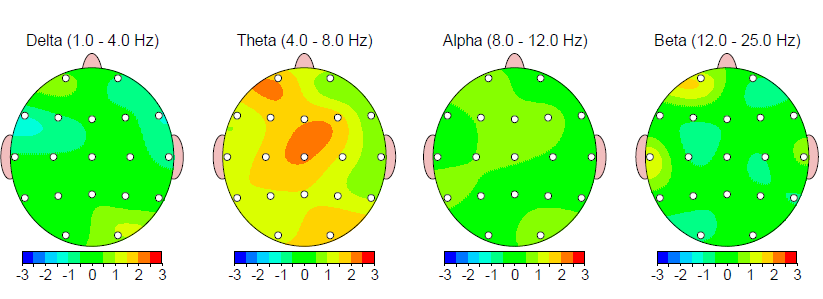Exploring The Way Sleep Ailments Interfere with Brainwave Function and Affect Mental Function
Exploring The Way Sleep Ailments Interfere with Brainwave Function and Affect Mental Function
Blog Article
Slumber is an essential part of our daily lives, enabling our physical selves and mental faculties to rest and recover. However, many individuals suffer from slumber disorders, which can significantly disrupt slumber patterns. These disorders can lead to various issues, including alterations in brainwave activity. Neural waves are electrical signals in the mind that indicate our mental state and function. When slumber is interrupted, the typical patterns of neural waves can be impacted, resulting to issues with mental function, such as recall, focus, and decision-making.
There are various types of sleep disorders, including sleeplessness, slumber apnea, and unsettled leg syndrome. Sleeplessness is defined by difficulty falling or staying asleep, while sleep apnea involves interruptions in respiration during sleep. Restless leg syndrome causes discomforting sensations in the limbs, leading to an compelling urge to move them. Each of these disorders can disrupt the natural slumber cycle, which consists of various stages, including shallow sleep, profound sleep, and REM (rapid eye movement) slumber. Each stage plays a vital role in preserving overall cognitive health and performance.
When slumber disorders interfere with these stages, neural wave activity can become erratic. For example, during profound sleep, the brain generates slow delta waves, which are essential for bodily restoration and recall consolidation. If a individual undergoes frequent awakenings or does not attain profound sleep, the generation of these delta waves is reduced. This can lead to difficulties in learning new information and retaining memories. Additionally, REM sleep, which is associated with fantasizing and affective processing, is also affected. Disruptions in REM sleep can result to problems with emotional regulation and inventiveness.
The impact of slumber disorders on cognitive function is significant. Research has shown that individuals with slumber disorders often experience difficulties with attention and focus. This can influence their performance at educational institutions or work, making it challenging to finish tasks or participate in discussions. brain mapping for sleep disorder awareness Furthermore, long-term sleep deprivation can result to emotional changes, increased stress, and even anxiety or melancholy. These mental and emotional challenges can create a vicious cycle, where inadequate sleep results to cognitive difficulties, which in turn can result to more sleep problems.
Addressing slumber disorders is crucial for improving brainwave activity and mental function. Therapeutic options may encompass habitual changes, such as establishing a regular slumber schedule, establishing a cozy slumber environment, and practicing relaxation techniques. In some cases, medical intervention may be required, such as employing a CPAP machine for slumber apnea or pharmaceuticals for insomnia. By prioritizing sleep and seeking appropriate care, individuals can improve their overall cognitive abilities and boost their quality of life. Understanding the relationship between slumber disorders, brainwave activity, and cognitive function is an essential step toward improved health and well-being.